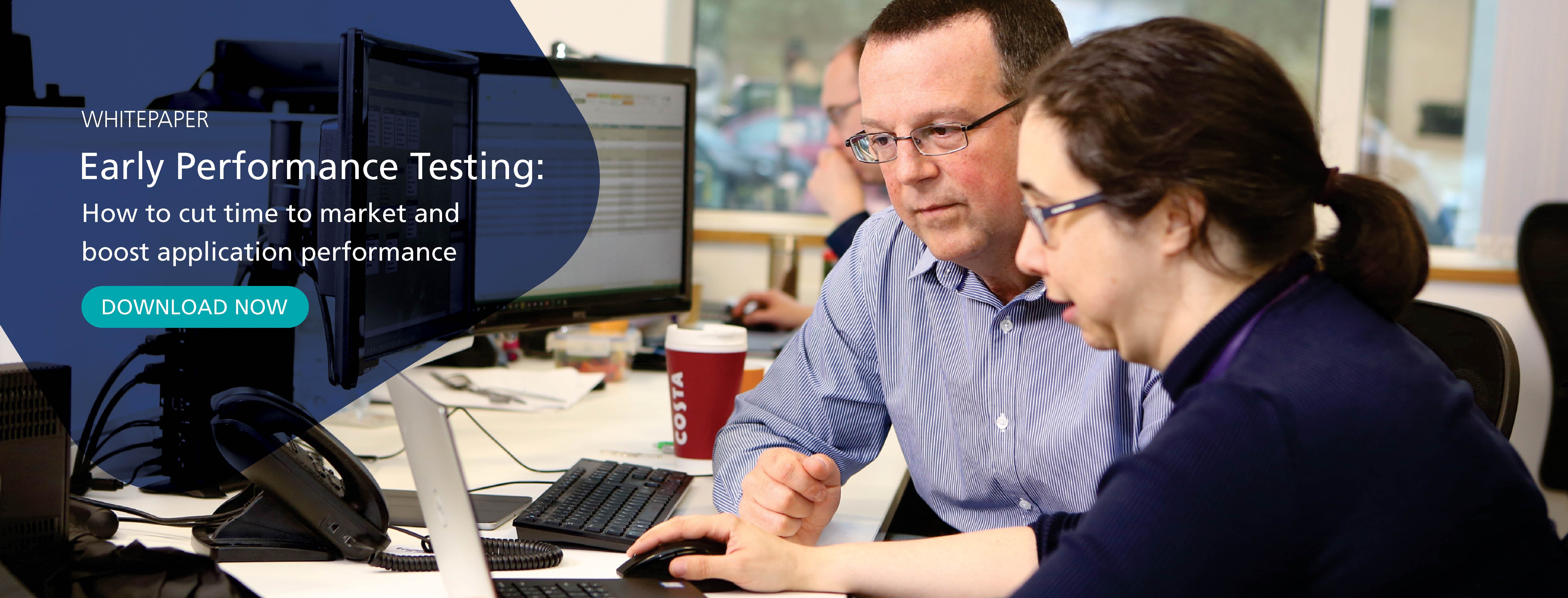In software testing, no one’s a hero without a zero defect product or service. An effective software test process is a prerequisite for developing software that’s free of bugs, fit for purpose and delivers on business objectives. Yet, despite substantial efforts to improve the quality of products, achieving zero defects remains the Holy Grail for software testers. This could be due to a variety of factors including the increasing complexity and volume of software coupled with customer expectations for more value faster.

Software testing practices and processes in many organisations are delivered on an ad-hoc basis and are far from mature. In order to improve the quality of a product or service, businesses must focus on refining QA testing activities alongside the development process.
Consequences of poor software testing
Immature testing practices incur more effort than anticipated - leading to negative outcomes such as failure to detect all defects, cost and schedule overruns of testing activities, which delay the launch of software. So, how can businesses ensure that their software test processes are robust, mature and adaptable to new developments?
Evaluate the maturity of software test processes
By effectively assessing and improving the maturity of software test processes, businesses can resolve many software testing trials. As new approaches to software development such as continuous integration, cloud computing and machine learning emerge, it increases competitive pressure and user demand to deliver new applications and functionality in the shortest possible timescale. Simultaneously, clients and end users expect the software to be of the highest quality.
Regularly evaluating software testing processes can help enterprises evolve processes that previously worked well, but now no longer suit the new development approaches. Doing so will prevent defects from arising during development and once the project has been completed - minimising time and cost on software maintenance.
Test maturity mapping should be aligned with people, the software development process and the technology aspects of testing.
Bring on the business benefits
Matching test maturity assessment to your business goals will provide the basis for cumulative, long-term benefits. Coupled with a structured approach, it will strengthen your software test process and help:
- Identify and eliminate process gaps
- Enhance compliance and minimises risks
- Improve productivity and ROI on testing
- Reduce time to market by improves test efficiency
- Identify opportunities to lower test efforts
- Curtail testing costs
- Showcase the value of testing to the business
Keen to strengthen your software test processes and deliver zero defect products? By deploying QCheck, Mastek’s test maturity assessment framework, businesses can address key test process challenges, realise a higher level of test maturity and achieve more streamlined and efficient processes. Contact us at info@mastek.com to know more.


